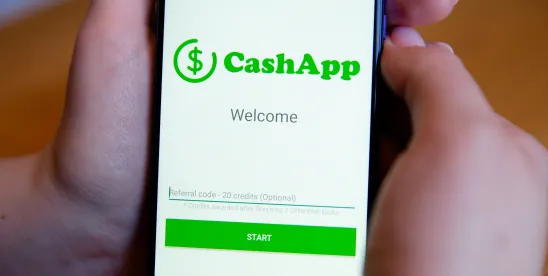On June 30, 2025, Block, Inc.—an electronic financial services company that operates Cash App—entered into a proposed settlement with customers regarding unsolicited text messages from the company. The dispute stemmed from a marketing campaign that allowed Cash App users to refer their contacts to use the application.
Cash App allowed users to click an “Invite Friends” button to select phone contacts to invite. Once a contact was selected, the user could then send a pre-generated text message from Cash App with the referral information and an individualized hyperlink for the recipient to create a Cash App account and also receive their referral credit.
Plaintiffs alleged that they received such unsolicited invitation text messages via Cash App. The plaintiffs’ lawsuit was filed under Washington’s Consumer Electronic Mail Act (CEMA). Under the relevant provision of CEMA, it is unlawful for a person (including a business entity) to “initiate or assist in the transmission of an electronic commercial text message to a telephone number assigned to a Washington resident for cellular telephone or pager service.” Wash. Rev. Code § 19.190.060. The plaintiffs alleged that Block substantially assists in users sending impermissible text messages by financially incentivizing referral text messages and by providing pre-composed messages with unique user-specific referral links. According to one plaintiff’s declaration, Block sent “Cash App Invite Friends” text messages to approximately 1,975,187 unique phone numbers with Washington area codes.
In a May 2024 motion to dismiss, Block argued that the court should use the Telephone Consumer Protection Act (TCPA) to determine whether Block’s involvement in sending the messages was “substantial.” The court ruled, however, that TCPA was inapplicable here because it does not impose liability for assisting with a text message. In contrast, CEMA does impose liability for assisting in the transmission of a message, as plaintiffs alleged in this case.
Under the $12.5 million proposed settlement, each class action claimant will receive between $88 and $147. Although companies may avoid TCPA liability for aiding users in sending text messages, CEMA could cast a broader shadow, and even a minor role in sending the text messages could lead to major CEMA liability. Even if the company did not physically press the send button, CEMA doesn’t care.



 />i
/>i
